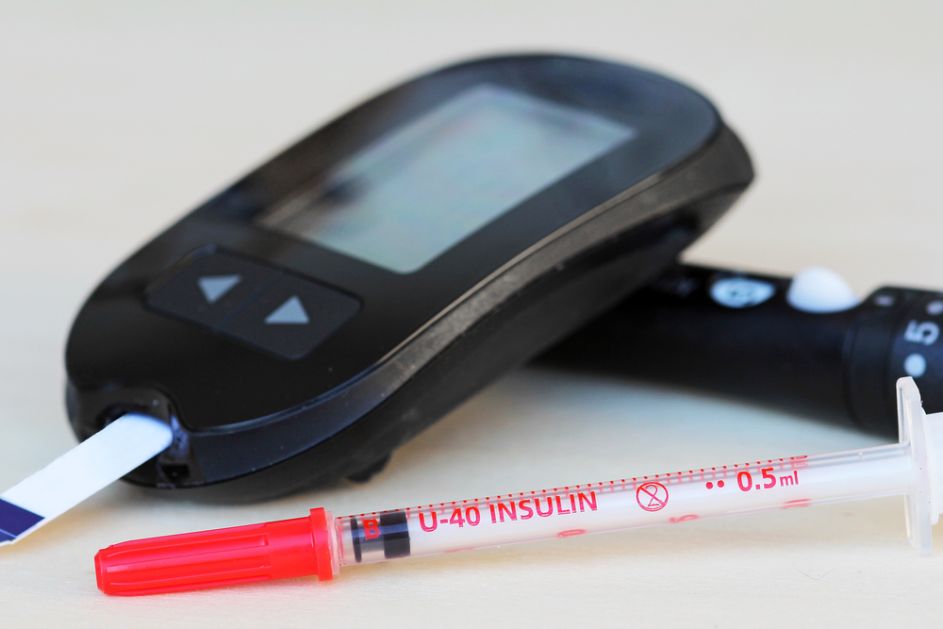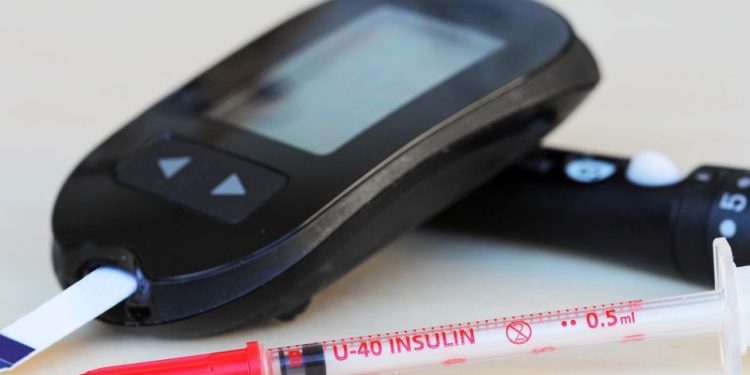When a person has Impaired Glucose Tolerance symptoms, their blood sugar is higher than normal but not so high that it’s diagnosed as diabetes. It’s also called prediabetes or borderline diabetes, but it can be reversed and slowed down, even avoided altogether.
The body normally produces a hormone called insulin that helps transfer glucose (sugar) from the bloodstream into the cells for use as energy. This process is essential to living a healthy lifestyle, but when there’s too much glucose in the bloodstream, it can cause many health problems.
Symptoms of IGT and IFG include feeling more hungry than usual, having trouble losing weight, and getting tired quickly after eating. These are all signs that your body’s insulin isn’t working properly, and you need to take care of it.
Increased urination: When your blood sugar is too high, the body may not be able to absorb fluids effectively and will instead urinate more often. This can cause you to wake up several times per night, especially if you have not increased your water intake during the day.
Acanthosis nigricans: Those with IGT are more likely to develop acanthosis nigricans, dark velvety patches on the skin, commonly found on the neck, groin, and armpits. It’s typically seen in people who are overweight and is a sign that their body’s insulin isn’t working as well as it should be.
Feeling shaky or nervous: The body’s insulin levels can drop suddenly, and you may feel anxious, shaky, or nervous. This is also a warning sign that you need to check your blood sugar and take a small snack with some sugar, such as juice, candy, or a glucose gel.

Headaches, nausea, fatigue, blurred vision, and tingling or numbness in your hands or feet are all common symptoms of hypoglycemia, according to the Mayo Clinic. These symptoms are often not noticeable at first, so it’s important to stay alert and test your blood sugar regularly if you notice them.
During sleep, your body produces less of the hormone glucagon, which is responsible for keeping your blood sugar from falling too low. This can lead to nocturnal hypoglycemia, or episodes during the night when you aren’t aware that your sugar is low.
If you have a history of nocturnal hypoglycemia, your doctor may prescribe a medicine that can help keep you from experiencing this symptom. These drugs can come as an injection or nasal spray.
In severe cases, the symptoms of hypoglycemia can be serious enough that you need emergency medical attention. These symptoms can cause you to fall unconscious and possibly have seizures.
You can try a snack with some sugar to raise your blood sugar, but you should call your doctor immediately if it’s still low or you start experiencing other symptoms of hypoglycemia.
Your doctor can prescribe a medication to treat these symptoms, including glucagon. This drug can be administered as an injection or nasal spray and will work to quickly bring your blood sugar back up.









